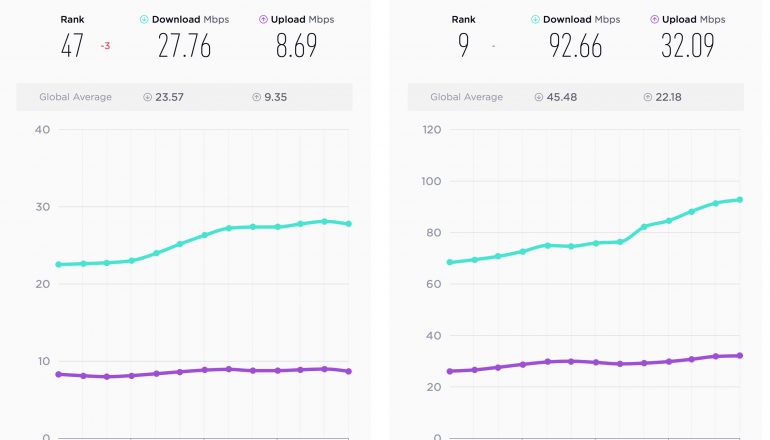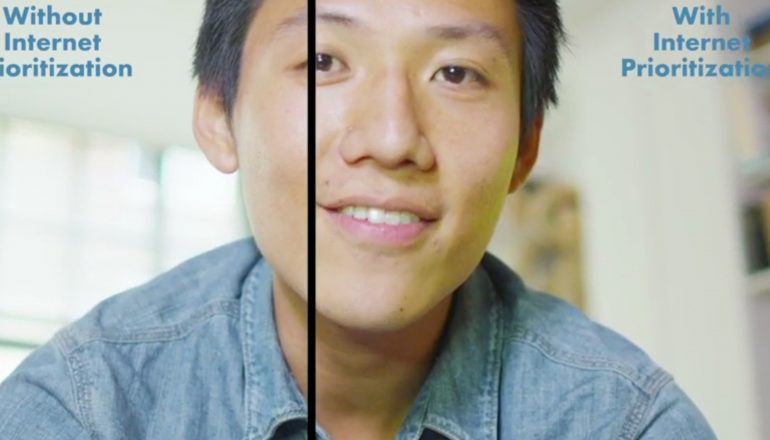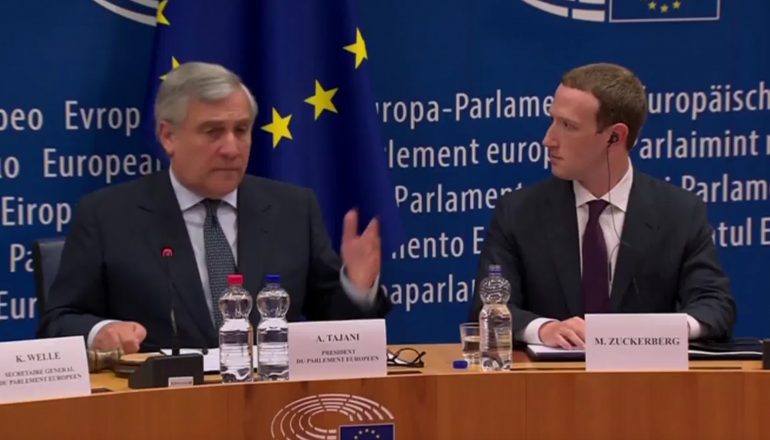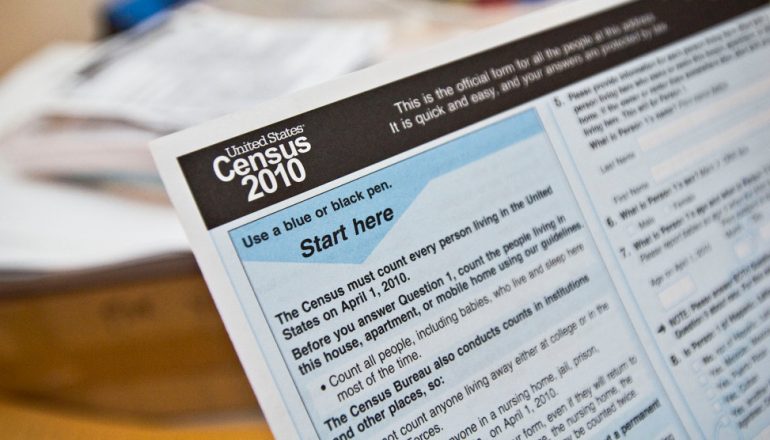CyberTurfing: The Way Democracy Ends
These tools enable one activist to look to the Internet like a whole crowd. It also enables activists to look like they vote in districts where they don’t live and to make phone calls to Congress that look like they come from constituents when they don’t. This is a corruption of our democracy.
Judge Kavanaugh and the Internet
Changing ISPs from their historic status to Title II is a move the FCC can’t make without Congressional authorization. This is especially true given the 1996 Telecommunications Act clearly declares ISPs to be information services. There is no clue in the ’96 Act that substituting dial-up for broadband changes the nature of ISP service.
Europe’s Piracy Dilemma
Their problem in the long tail of pirates, scammers, and amateurs who impose costs on the platform but don’t generate revenue. That’s a business model issue that should concern Alphabet. It’s not an excuse for making artists pay for YouTube’s content-related costs out of their own pockets to support piracy.
Broadband Speed Improving Faster
5G isn’t here yet, but it’s already stimulating a competitive response from incumbents. Better broadband plans and prices than we might see without this looming threat are entering the market.
Net Neutrality is Antitrust for Dummies
The US Internet is now free of the restrictions imposed by the FCC’s 2015 Open Internet Order. Advocates argue that it’s also free of the protections the order provided to…
The Subtlety of Paid Prioritization
We should never stop making the Internet better. It takes an almost religious zeal to insist that there’s anything wrong with the subtle improvement represented by this video.
And it takes a very unrealistic theory of economics to maintain that there is any rationale for placing arbitrary limits on where the payment for such enhancements comes from. It’s our Internet and we should be able to use it in any lawful way we want.
Don’t Ask Zuckerberg about Shadow Profiles
At a minimum, Facebook needs to reorganize the company in such a way that a single CEO can exercise effective control over its major pieces. An Alphabet-like reshuffling with a new level of management would at least signal seriousness about improvement.
Senate Pretends to Save the Internet
Senate Democrats and their pals in Silicon Valley and in the media had a good day. But life goes on and the serious issues remain to be addressed. That’s why it’s not merely a talking point to say that bi-partisan legislation absolutely needs to be written for the orderly regulation of entire Internet.
All Edge and No Core
The peril of net neutrality is stagnation. If we force the Internet back to the traditional straight jackets, this fully competitive future may never arrive. I’m not willing to take that risk when lawmakers are so blind to the reality of the Internet that they can float this “one word at a time” nonsense with a straight face.
Magical Reasoning About Title II Regulation
The trouble with 477 is that providers can only report on the areas they cover, while the real questions are about the areas they don’t. It may be that the best way to get the data we need is through the Census. It deserves some investigation even though Pallone and Doyle didn’t raise the question.












